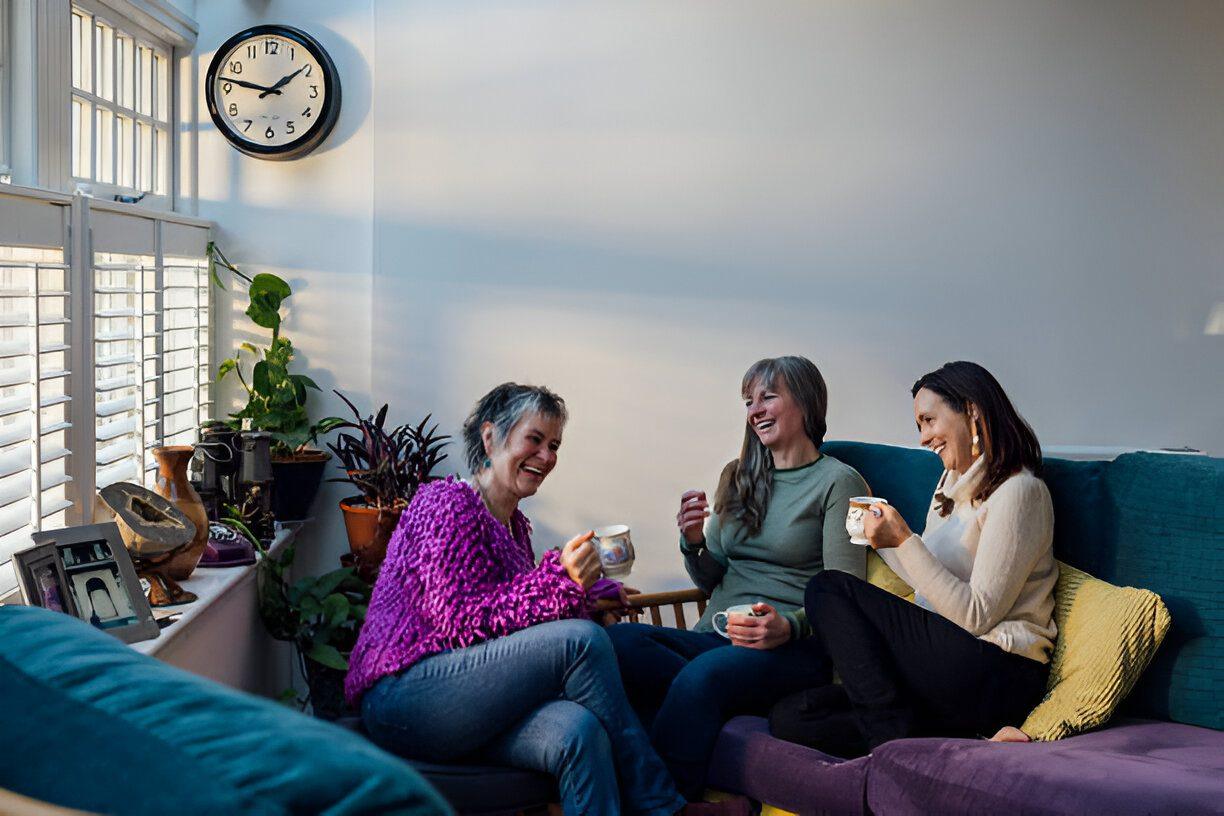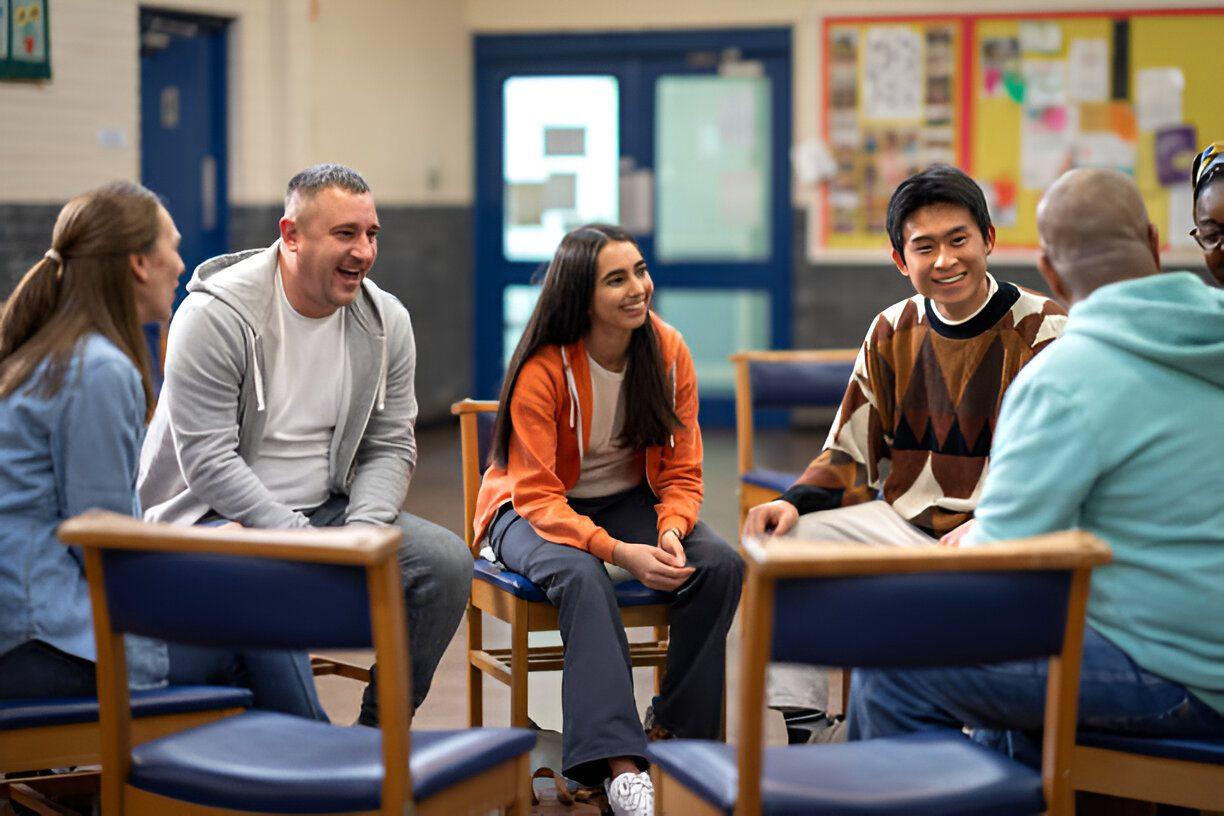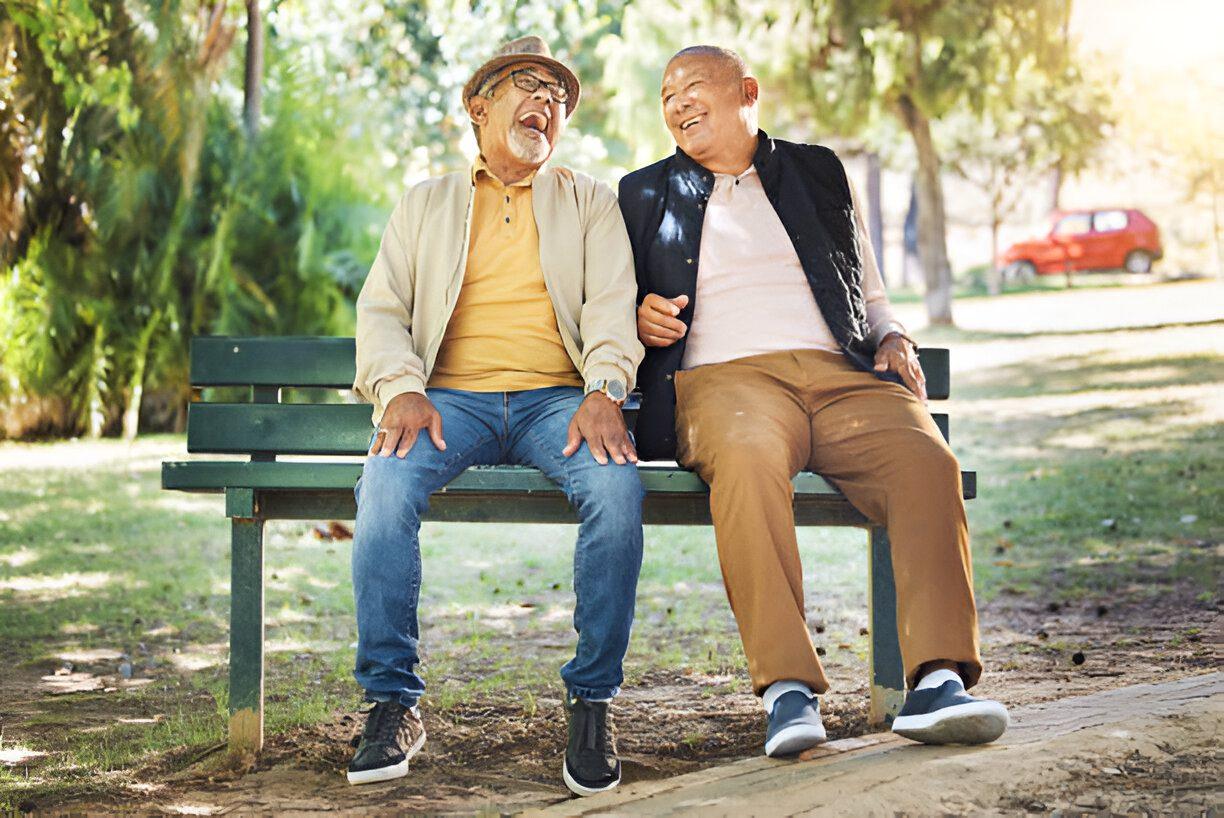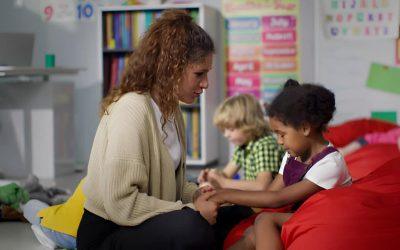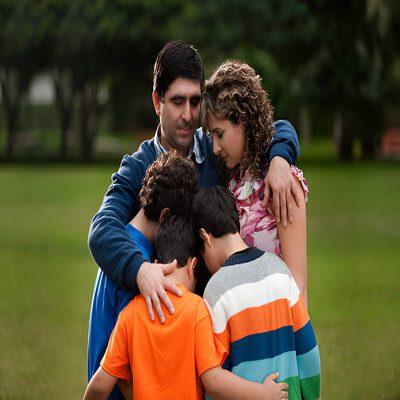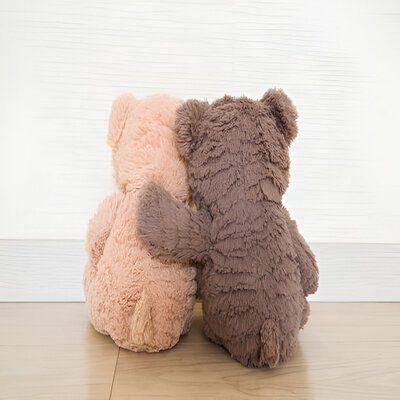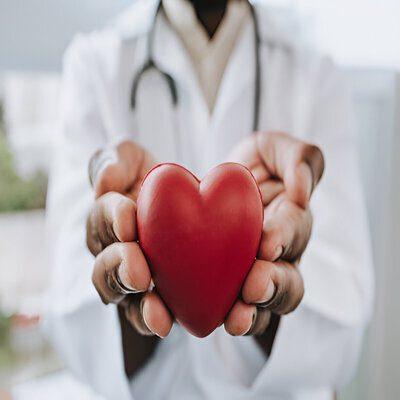A Quiet Hand to Hold
Loss can turn our world upside down, leaving us feeling isolated in our grief. True friends, however, become our lifelines—offering comfort, sharing precious memories, and reminding us that life, though changed, still brims with warmth and hope. In these bonds of friendship, we discover a quiet path toward healing.
“After I lost my dad, it was my closest friends who pulled me from my darkest moments. Their presence was a reminder that I wasn’t alone.”
Where Comfort Finds Us

How Friendships Can Help Heal After Loss
In times of profound loss, friendships become a lifeline—a source of comfort, stability, and hope. Whether you’re grieving the death of a loved one, the end of a relationship, or a major life change, the support of friends can help ease the journey toward healing.
The Healing Power of Friendship
- Companionship in Loneliness: Loss often leaves a void that feels impossible to fill. Friends offer their presence during these moments, reminding us we don’t have to face grief alone.
- Shared Memories: Friends who knew the person or life you’ve lost can help keep memories alive, offering comfort through shared stories that honor your connection to the past.
- Emotional Anchors: In grief, emotions can be turbulent. Friends provide a safe space to cry, reflect, or sit silently, offering understanding without judgment.
Creating a Supportive Network
- Communicate Openly: Friends want to help but may not know how. Share your needs, whether it’s quiet company, someone to reminisce with, or space to grieve in solitude.
- Lean on Shared Activities: Grief can feel isolating. Participating in hobbies, support groups, or social events with friends can rebuild a sense of normalcy.
- Maintain Connection: Even when you feel withdrawn, staying in touch with friends—through small gestures like a message or coffee visit—helps maintain bonds that can be healing.
“We rise by lifting each other, especially when the weight of loss seems too heavy to carry alone.” — Rachel M.
How Friends Aid in Healing
- Validating Grief: True friends normalize your grief, reminding you that it’s okay to feel sadness, anger, or even joy. They reassure you that healing is a process, not a timeline.
- Moments of Lightness: While grief is heavy, friends can bring laughter and moments of distraction. These glimpses of joy remind us that life, even amidst loss, still holds beauty.
- Practical Support: Grief can make daily tasks feel insurmountable. Friends step in to help with meals, errands, or childcare, lifting burdens you might not even realize you’re carrying.
- Gentle Nudges for Self-Care: Friends often encourage small acts of care—inviting you for a walk, suggesting a new hobby, or simply reminding you to rest and nourish your body.
The Role of New Friendships
- Fresh Perspectives: New friends aren’t connected to your loss in the same way. Their fresh outlook can inspire hope, helping you envision a future unclouded by grief.
- Expanding Your Circle: While old friends offer shared history, new friendships can broaden your support system, introducing you to new ways of coping and living.
- Healing Conversations: Sharing your story with someone new can sometimes feel easier. They approach your grief without preconceptions, offering understanding in their own unique way.
Long-Term Healing Through Friendships
- Creating New Traditions: Friends can help you mark milestones in meaningful ways—celebrating birthdays, anniversaries, or holidays with rituals that honor your loss while looking forward.
- Encouraging Growth: True friends push you gently toward new passions or rediscovering old ones, guiding you to rediscover joy in life.
- Resilience Through Connection: Friendship doesn’t erase loss, but it builds emotional strength, creating a support network that helps weather future challenges.
- Rediscovering Belonging: Grief often isolates, but friendships rebuild a sense of belonging, anchoring you to the world when you feel unmoored.
Things To Try This Week!
- Reach Out Intentionally: Send a thoughtful text or voice note to a friend, letting them know you appreciate them and could use their support.
- Plan a Gentle Activity: Suggest a shared moment of self-care—like a relaxed walk or a comforting meal—where conversation can flow naturally or silence can be shared.
- Join a New Group: Look for a local club or meetup that aligns with your interests. Expanding your social circle can introduce fresh support and perspective.
Conclusion
Friendships are the quiet yet powerful healers after loss. They provide the companionship, understanding, and encouragement needed to navigate grief’s complexity. Friends remind us that while we mourn individually, we can heal collectively. Through shared laughter, memories, and new experiences, friendships not only honor what we’ve lost but also illuminate the path forward. They help us reshape our lives, carrying our grief alongside love, resilience, and a renewed sense of connection.
Even while facing loss, friendships can guide you toward a deeper sense of love and community.
In our cherish section, you’ll find heartwarming ways to nurture these bonds—keepsakes, thoughtful ideas, and reflective prompts that celebrate the friendships carrying you forward.
Friends & Community: Holding Onto the Bonds That Shape Us
Friendships connect us in life-changing ways, and losing those connections can leave us seeking new footing. Here, explore resources and reflections that validate your grief, offer comfort, and honor the unique imprint of a cherished friend.
More Reflections, More Growth
Loss is complex, and the road to healing is different for everyone. These reflections offer insight, support, and guidance as you navigate this journey.
When Shared Laughter Fades: Grieving the Loss of a Best Friend
Losing a best friend is one of life’s most profound sorrows. Whether due to death, distance, or the end of the friendship, the grief touches every part of your life. This guide offers support, practical steps, and hope to help you honor the bond and find healing.
When a Friend’s Loss Becomes Your Grief
When a friend’s loss becomes your grief, it’s a testament to the depth of your connection. Learn how to navigate empathy-driven sorrow, support your friend, and manage your own emotions.
Carrying the Torch: Honoring the Loss of a Community Leader
The passing of a community leader leaves a void in the heart of the community. Learn how to honor their memory, celebrate their contributions, and ensure their legacy inspires future generations.
Carrying Their Light: Honoring the Loss of a Beloved Teacher or Mentor
The loss of a beloved teacher or mentor ripples through individuals and communities alike. Learn how to navigate this grief, honor their legacy, and ensure their influence continues to inspire future generations.
Supporting Grieving Students in the Classroom: A Teacher’s Guide
Grief in young students often appears as confusion, withdrawal, or even unexpected bursts of emotion. Teachers, as pillars of stability, can make a profound difference. This guide offers practical strategies, heartfelt insights, and tools to create a compassionate classroom where grieving children feel supported and understood.”
Explore Journeys of Healing and Solace:
Discover dedicated spaces that offer understanding, guidance, and connection through grief. From the loss of loved ones to life’s challenging transitions, each category provides a pathway to reflect, connect, and find peace in shared experiences.


